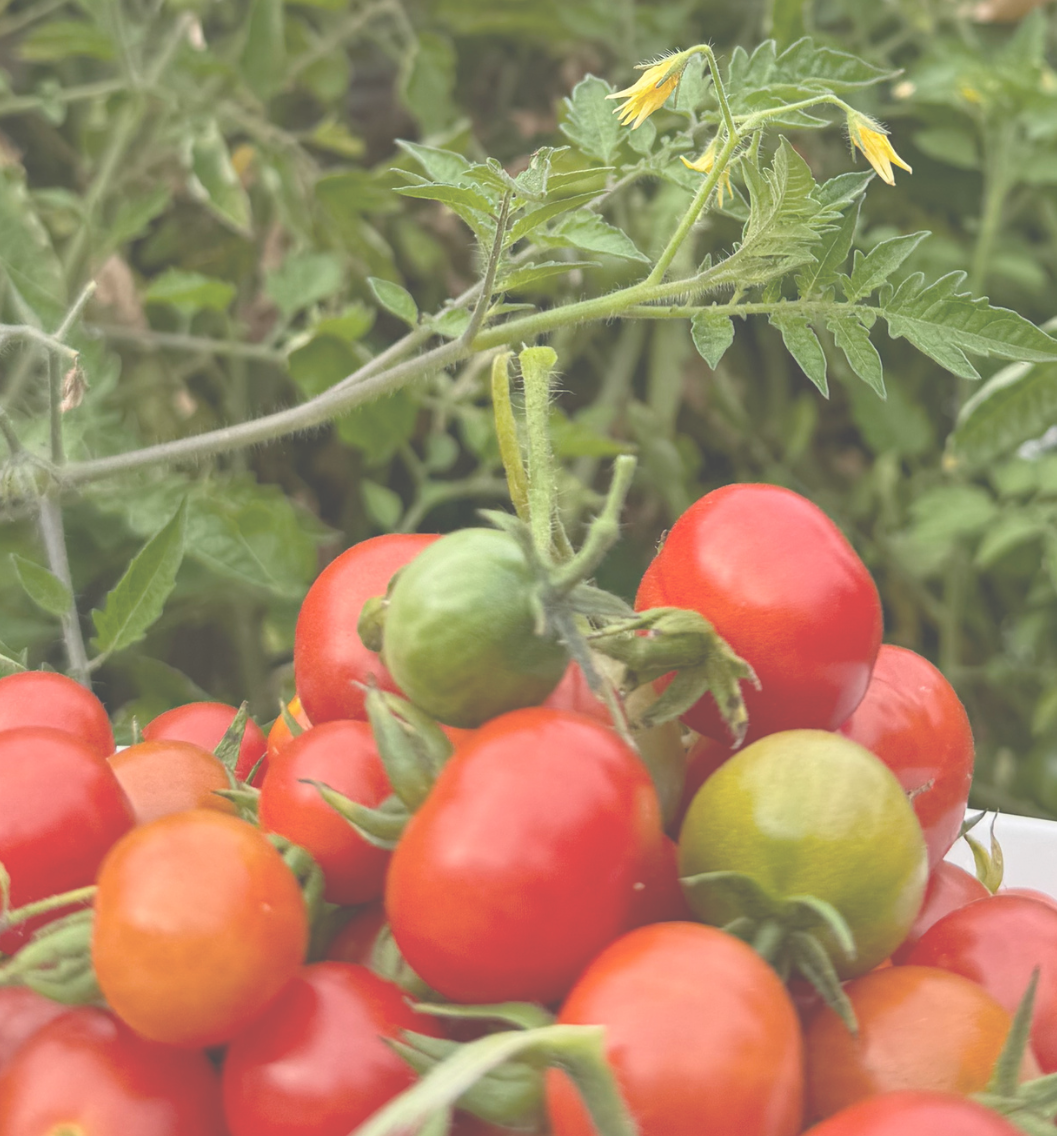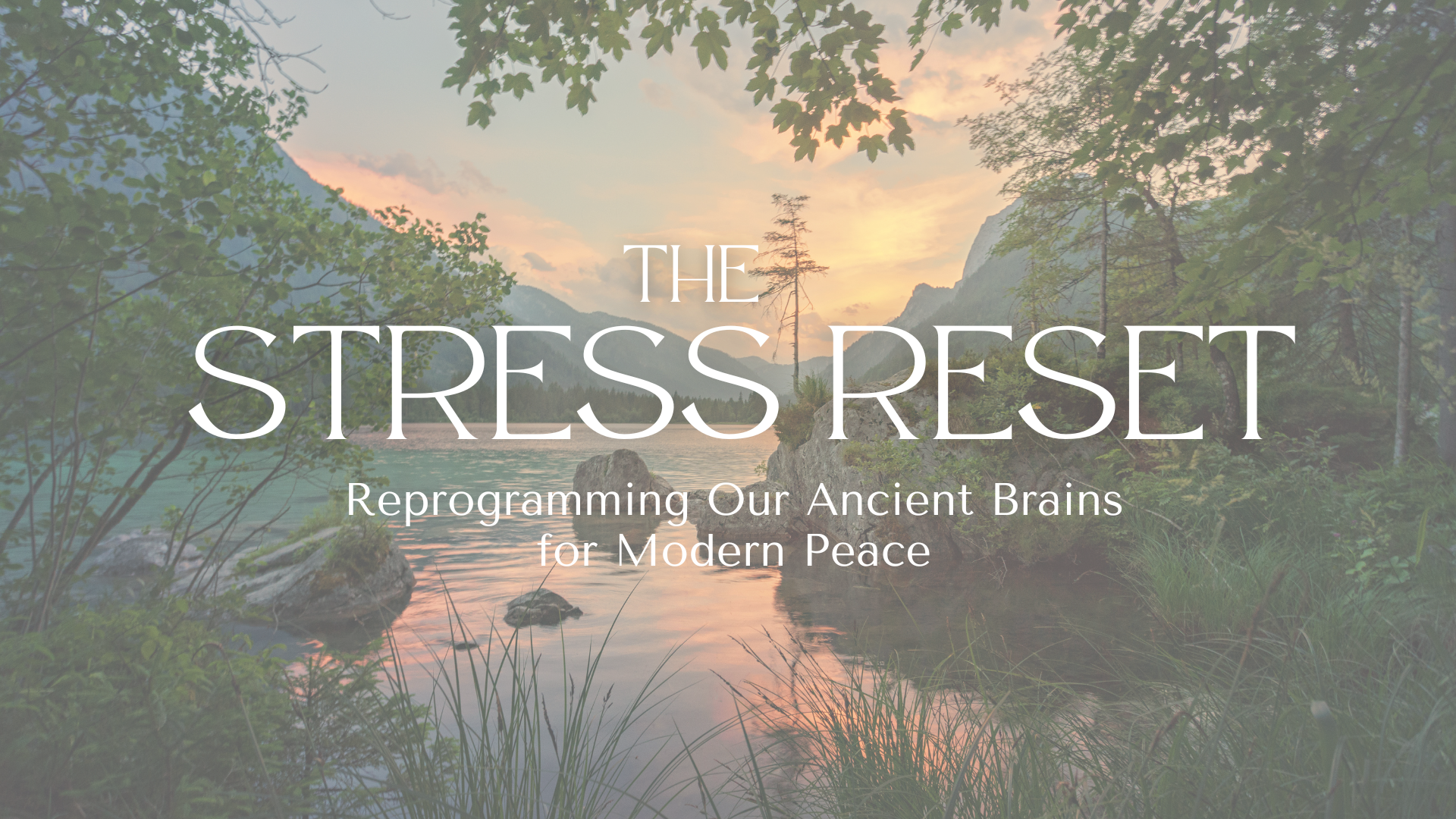Have you experienced Resentment?
Resentment is a curious thing, when you dig into it. For me, it was when I was able to get past the point of blaming the sources of my resentments, regardless of how sticky-icky the situation felt, that I was able to release any burden of negativity that I was carrying.
When I reflect upon past resentments, I realize that I am the most triggered when there is a misalignment of values. It really fires me up when someone doesn't recognize or, even worse, chooses maliciously to not respect a value that is important to me.
Staying in an angry and ultimately resentful place can become our default. Even more so when it is a situation in which you know the person is purposely pushing your buttons. The addictive resentful behavior is fueled further if you play in the game perpetuating the blame cycle.
Let's be real, how does that make you feel? Not great.
I recently shared this concept with a friend. Honestly, I might have been a bit smug, thinking I was offering some profound wisdom about how I’ve overcome my resentment issues. But then, they responded with this:
"Resentment is like taking poison and
waiting for the other person to die"
Um.... how have I made it to 50 and not heard this quote? Versions of this statement have be attributed to Nelson Mandela, Malachy McCourt, even the Buddha. My goodness, have I wasted time and energy 'poisoning' myself.
Here's what I think; it's all about our perception. Although we likely see resentment as triggered by something outside of ourselves, we get to choose how we perceive the situation. I further believe there are times when we unintentionally create situations that lead us to feel resentment.
When my perception is different from someone else's, I have a choice. If it is worth it to me, I can communicate with the person the way in which I disagree with their perspective, a.k.a. exercise a boundary. Doing this can help dissolve any potential resentment.
We are responsible for our reaction to situations and that includes situations that we subconsciously create. That means being willing to recognize if my frustration comes from an unspoken expectation, something the other person couldn't possibly have known. Once I realize this, I can decide to communicate my perspective more clearly.
For me, breaking the habit of holding onto resentment starts with noticing when that irritation begins to build. Holding onto those feelings only hurts me. That was the “ah-ha” moment that led me to take responsibility for my part in the situation.
I am practicing better communication, instilling more boundaries, and when necessary, choosing to ignore someones attempts to bring up any feeling of resentment within me.
It’s my choice and I’m ready to set that poison down.




